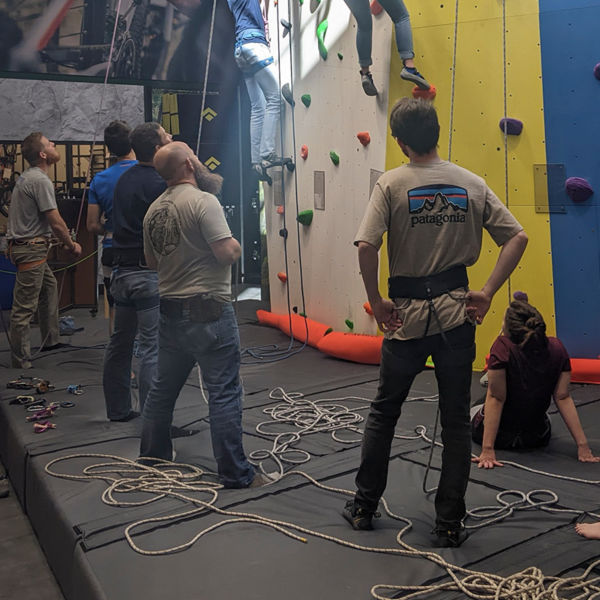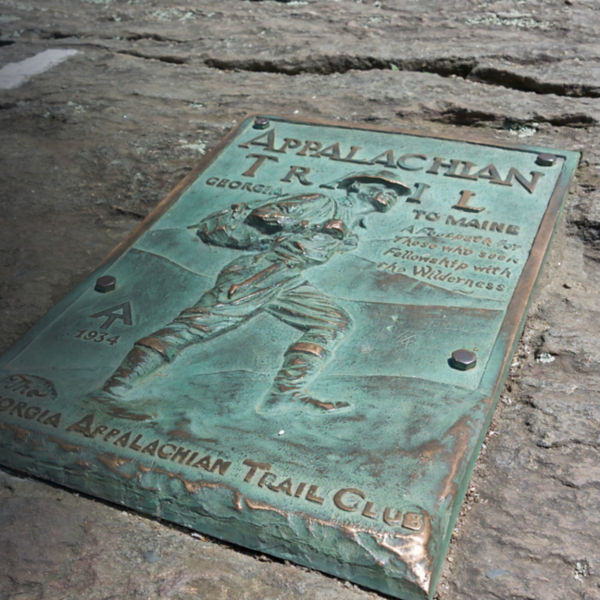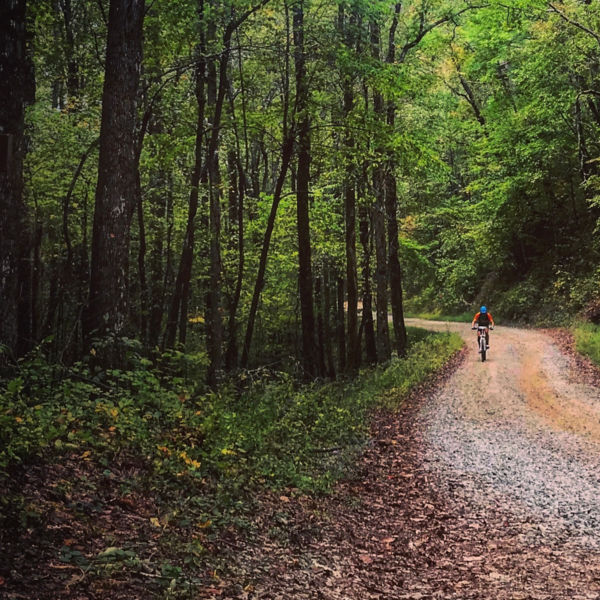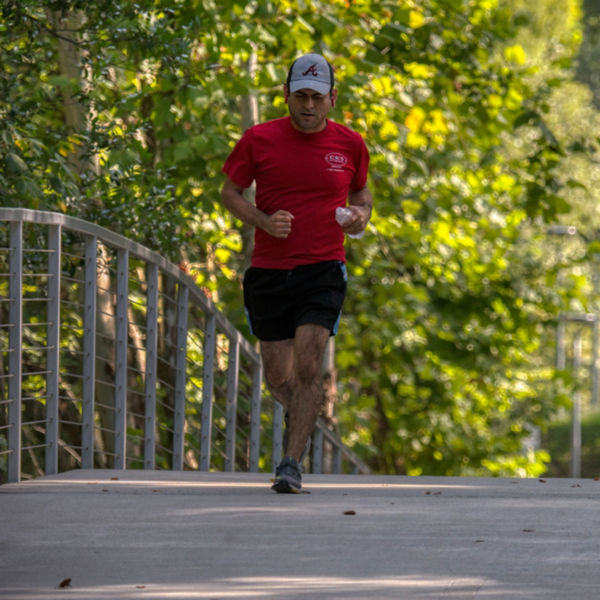
Atlanta is known as the cradle of the civil rights movement as community leaders leveraged the city’s culture of successful Black-owned businesses, progressive institutions and historically Black colleges to spark lasting social change during the ’60s. They prayed in the city’s churches, formed nonviolent organizations, and planned marches and peaceful protests that would lead to the creation of the Civil Rights Act of 1964 and the Voting Rights Act of 1965. The physical legacy of that action? The preservation of a number of key locations for the movement, like churches and individual homes, as well as the creation of museums honoring it, giving visitors an opportunity to relive the historic work that changed the country.
Though some companies offer various guided biking tours, many of the most noteworthy sites are within close proximity to each other, making this an ideal opportunity to explore the city’s civil rights history on your own.
Start your tour of the following must-visit locations at Martin Luther King, Jr. National Historic Park, in the Sweet Auburn historic district. It has both public parking and restrooms at the visitor center (free admission). All the Sweet Auburn Historic District sites are within a few blocks of each other and easily walkable. If you’re on foot, Atlanta’s Streetcar can connect you from Sweet Auburn to Centennial Park, where you can walk to the National Center for Civil and Human Rights and the Elbert P. Tuttle U.S. Court of Appeals Building ($1 a ride or $3 for a day-pass). Then, just take the Streetcar back to your vehicle at MLK, Jr. park.

































